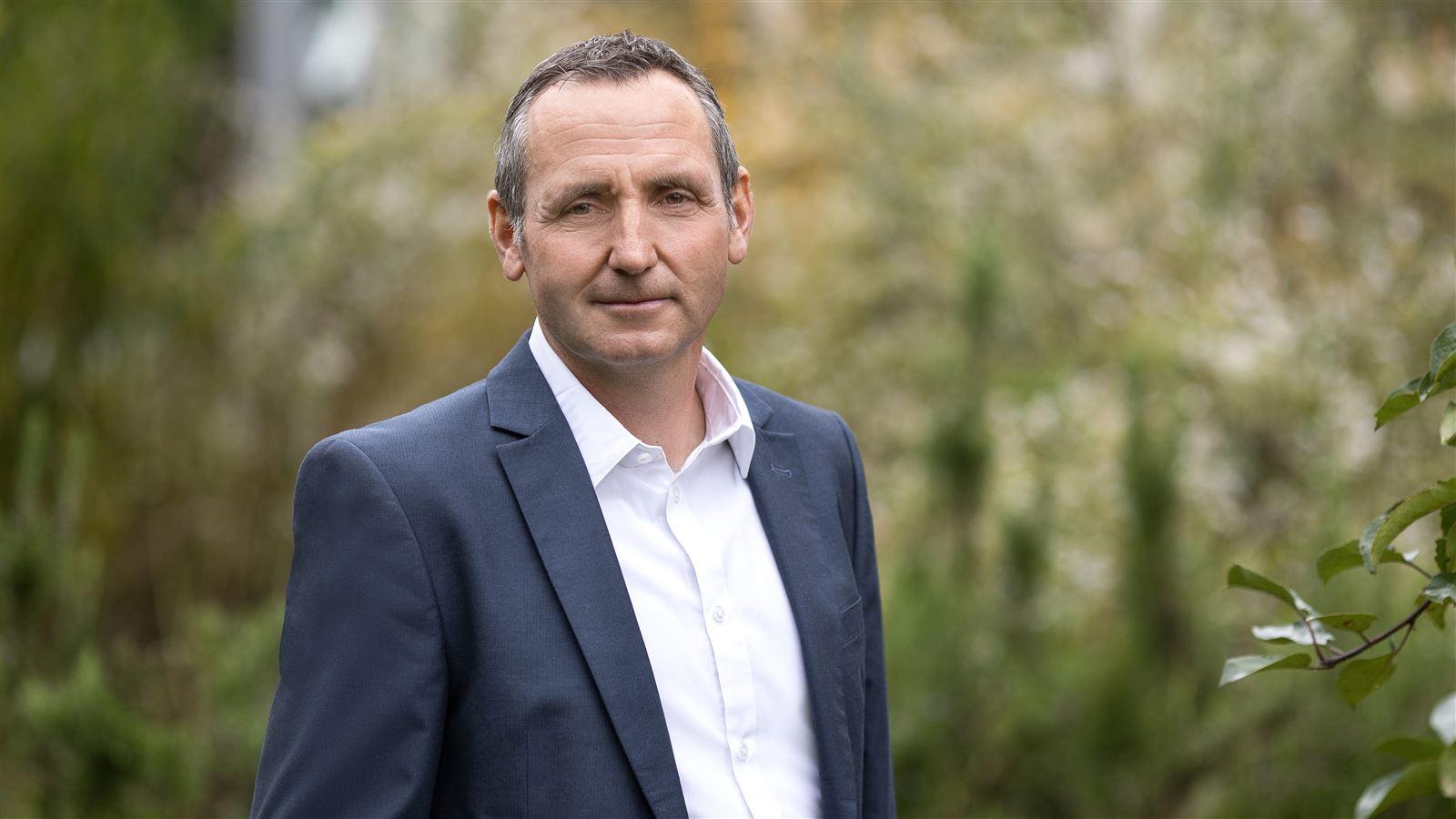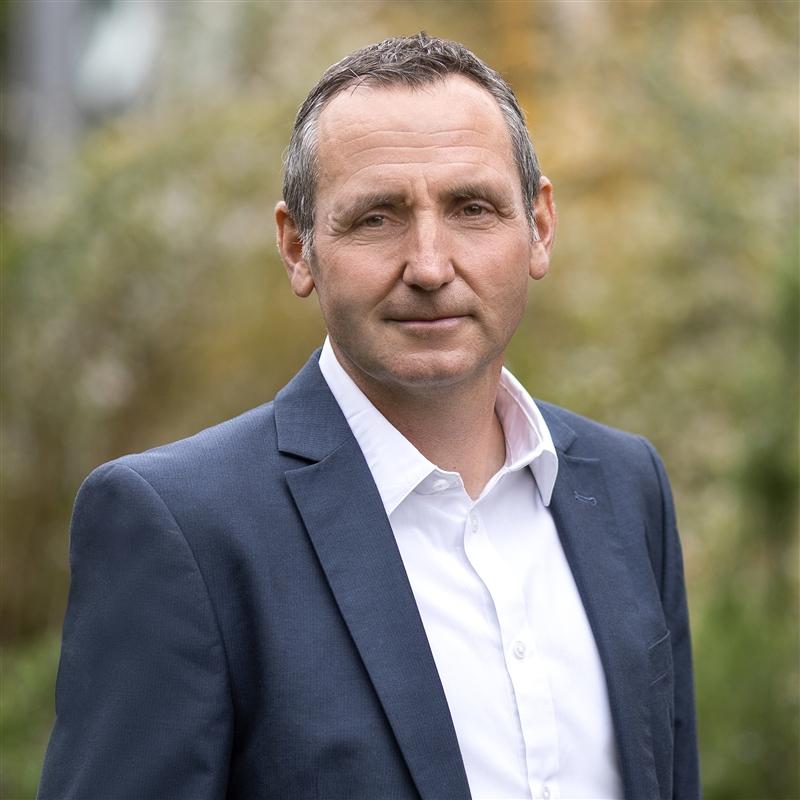Extension to Frankfurt Airport – New Terminal 3
Frankfurt Airport has been steadily growing alongside the Rhine-Main region for more than 80 years. 2005 saw the military use of the Rhein-Main Air Base in the southern part of the airport decommissioned before responsibility was transferred to the airport operator, Fraport AG. The old installations needed to yield to the new Terminal 3 and extensions to the airport infrastructure in this area. We carried out environmental, waste and geotechnical studies on soil and groundwater, which included 33 core holes drilled down to a depth of 40 m.
For the new Terminal 3, a shallow foundation was implemented according to our recommendations. The longitudinal approach table utilised a pile foundation, designed according to the results of horizontal pile load tests and comprehensive 3D deformation analyses. The excavation pit for the terminal was constructed in two phases. First, the excavators worked their way down to the groundwater zone at a depth of 5.5 m in dry excavation over an area of 65,000 m². The final excavation depth in the groundwater zone had been reached under the protection of sheet pile shoring.
During the extensive sampling of the excavated soil, residues of the substance group of per- and polyfluorinated chemicals (PFC) or per- and polyfluorinated alkyl compounds - PFAS for short - were detected. Fraport commissioned CDM Smith to develop a soil management concept for Terminal 3, the aim of which is to recycle a large part of the contaminated soil material in accordance with the requirements of the remediation notice issued by the Regional Council or to dispose of excess excavated soil: CDM Smith supervised this soil management. For the temporary storage of excavated soil, CDM Smith planned an appropriately sized soil storage facility and prepared the approval documents in accordance with the Federal Emission Control Act (German: Bundes-Immissionsschutzgesetz). However, the construction of this storage facility was no longer necessary due to the reuse and disposal of the soil.
Our soil management strategy takes into account environmental and economic constraints by optimising recycling and disposal routes.
At that time, there were no federal regulations for handling PFAS contaminated soil and there were only few precedents for soil recycling. Our experts at CDM Smith supported Fraport in all matters and took on advisory roles in discussions with the relevant authorities. We carried out construction supervision for the environmentally responsible separation and disposal of the soil and created health and safety plans for handling the contaminated material. Additionally, we designed and sized a construction water treatment facility for Terminal 3 and monitored its operation.
Currently, CDM Smith is managing the soil from smaller quantities of PFAS-contaminated excavated materials generated during construction activities at the terminal and is tasked with planning groundwater remediation at Terminal 3.


We always find a solution.


